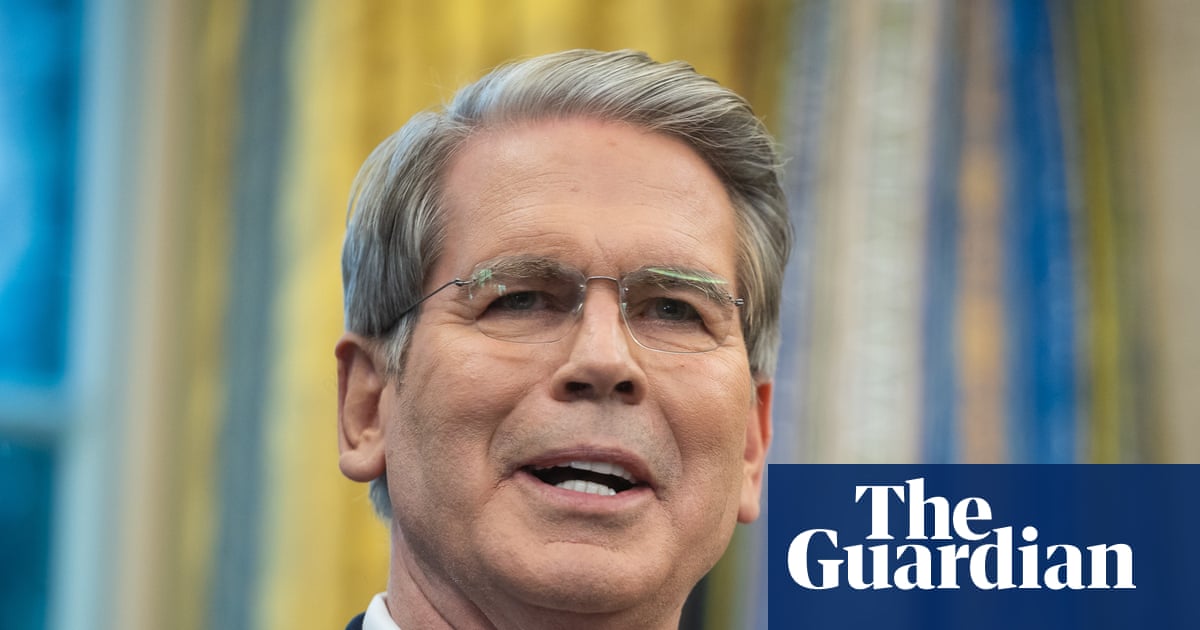
The Supreme Court’s decision further limits a 90-year-old precedent that was aimed at protecting the independence of certain regulatory agencies.
Andrew Harnik/Getty Images
hide caption
toggle caption
Andrew Harnik/Getty Images
The Supreme Court on Wednesday allowed President Trump to terminate, without cause, President Biden’s appointees to the Consumer Product Safety Commission. The decision further limits a 90-year-old high-court precedent that was aimed at protecting the independence of certain regulatory agencies.
The court’s three liberals dissented.
The court’s action, while temporary, presents a direct challenge to Humphrey’s Executor, the longstanding Supreme Court precedent, which restricts the president’s power to remove agency officials at will. In a unanimous Supreme Court decision, in 1935, the justices ruled that President Roosevelt could not remove an FTC Commissioner just because the commissioner disagreed with Roosevelt’s New Deal plan. The court said that when Congress created the Federal Trade Commission and other specialized agencies, they were to remain independent, and thus the president was not authorized to fire commissioners before their terms were over, except for malfeasance or other wrongful conduct.
In 2021, Biden appointed three members to the CPSC, the federal agency that creates safety standards for product recalls, researches potential product hazards and on rare occasions bans unsafe products altogether. But just months after Trump took office, he fired the Biden-appointed commissioners before their terms were over.
The commissioners sued, arguing that the president could not prematurely end their appointments, without cause. Congress designed the consumer protection agency as “an independent regulatory commission,” the commissioners argued, and according to law, the president could only remove them for “neglect of duty of malfeasance in office.”
The Trump administration argued that the president was within his rights as the nation’s chief executive, to remove commissioners, “at will,” because they exercise “substantial or considerable executive power.”
A federal judge in Maryland temporarily blocked the Trump administration from firing the commissioners and reinstated them to their previous positions while the case proceeds through the lower courts.
After the Fourth Circuit Court of Appeals declined to intervene, the Trump administration appealed to the Supreme Court, citing a May decision, in which the justices, by a 6-to-3 vote, granted the administration’s emergency request to terminate members of the National Labor Relations Board and the Merit Systems Protections Board. On Wednesday, the court sided with the administration.
Source link
